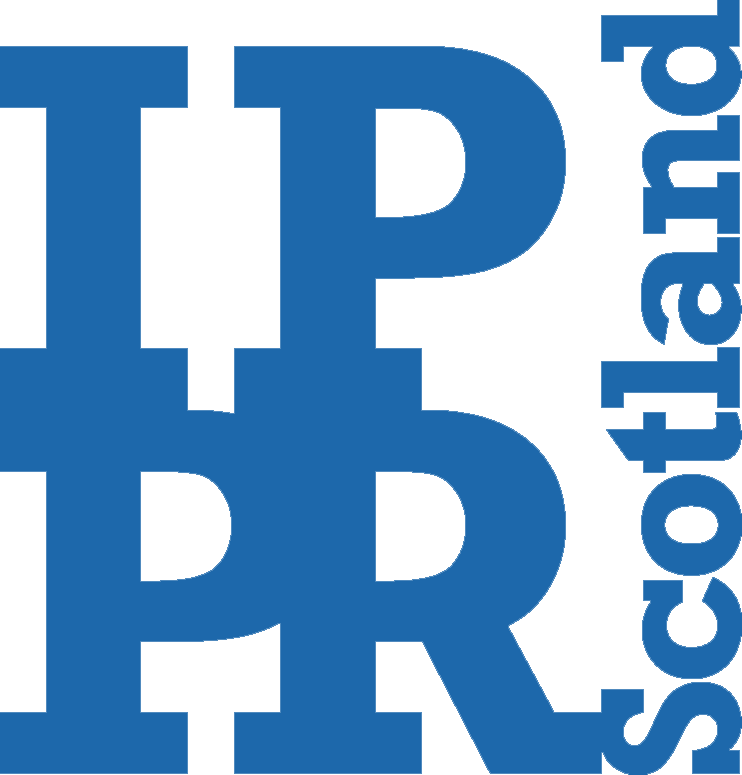Four in five Scots would support a minimum income guarantee, IPPR Scotland finds
Progressive think tank IPPR Scotland has revealed that 4 in 5 Scots (79%) would support a minimum income guarantee.
A minimum income guarantee is a safety net to ensure nobody falls below a minimum acceptable standard of living.
Polling conducted by Diffley on behalf of IPPR Scotland also shows that more than half of Scots (55%) want to see the benefits and social security system made more generous - even if this led to a slight personal increase in taxes for themselves.
The survey also indicated that more than 7 in 10 Scots (72%) support an increase in benefits paid to people with disabilities - even if this led to a slight personal increase in taxes for themselves.
At the same time, almost 3 in 5 Scots (59% would support an increase in benefits paid to single or lone parents - even if this led to a slight personal increase in taxes for themselves.
This polling was carried out as part of research published today by IPPR Scotland which outlines a roadmap to a living income for Scotland – ensuring an acceptable and dignified standard of living for everyone in Scotland.

IPPR Scotland is calling for immediate action to be taken by the government across social security, fair work, and collective services. These actions can be the first step toward achieving a living income for Scotland, while providing urgent support to households struggling today amidst the cost-of-living crisis.
Some of the immediate actions proposed by the think tank include:
- Mitigating the UK government’s punitive “two-child limit” through additional Scottish Child Payments for households with three or more children.
- Enhancing social security payments for groups most at risk of poverty, such as disabled and lone parents.
- Increasing the age of eligibility for the Scottish Child Payment to young people aged 16-19, where they are in full-time education or approved training – aligning it with the reserved benefits it tops-up, Universal Credit child element and Child Tax Credit.
- Working with local authorities and service providers to offer a guarantee that anyone in receipt of a devolved benefit receives a ‘fast-track’ to wider support – including advice services and employment support – to ensure a genuine ‘no wrong door’ approach.
Philip Whyte, director of IPPR Scotland, said: “The long-term ambitious commitments of the Scottish government to deliver on a living income for Scotland are welcome, but it’s time to start mowing the long grass.
“Today IPPR Scotland set out practical, realistic steps to these long-term ambitions that the Scottish government can start implementing quickly – using existing powers to further boost incomes through social security, help people to access secure and well-paid work, and reducing costs through the services they use.
“While a living income presents an opportunity to radically reform the social safety net in Scotland, we know that won’t come quickly or easily. Meanwhile, some of the most vulnerable households are faced with the incomprehensible choice between heating or eating. It doesn’t have to be this way.
“Taking immediate steps would demonstrate willingness and show progress on the part of the Scottish government against these long-term ambitions, but most crucially it would also provide a response to the immediate crisis families face here and now.”
Mubin Haq, chief executive of abrdn Financial Fairness Trust, added: “By committing to delivering a Minimum Income Guarantee the Scottish government has pledged to shore up living standards. But with inflation at a 40-year high and one-in-five Scots in serious financial difficulties we need action to be accelerated. This hardship is only set to worsen as energy prices rocket. Today’s report outlines a range of support the Scottish government could take now, which would boost incomes and help families who are struggling to make ends meet.”







